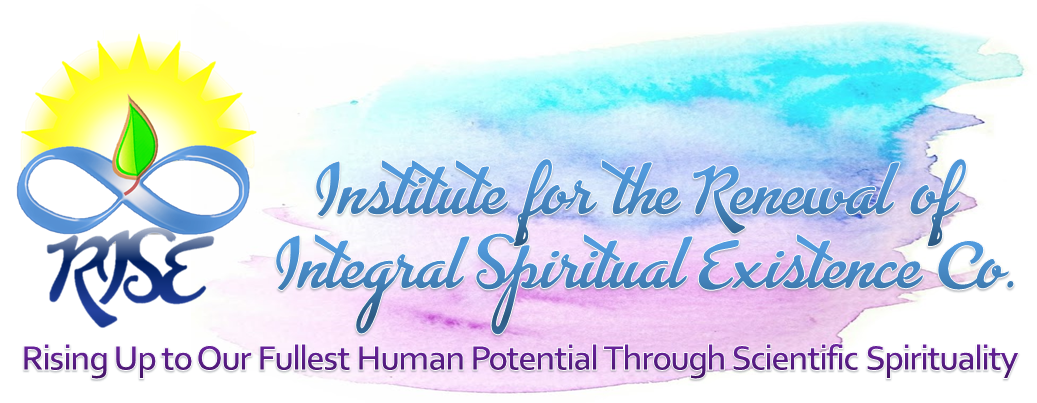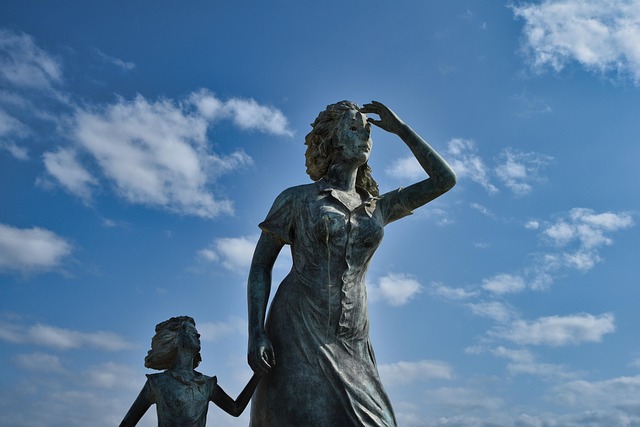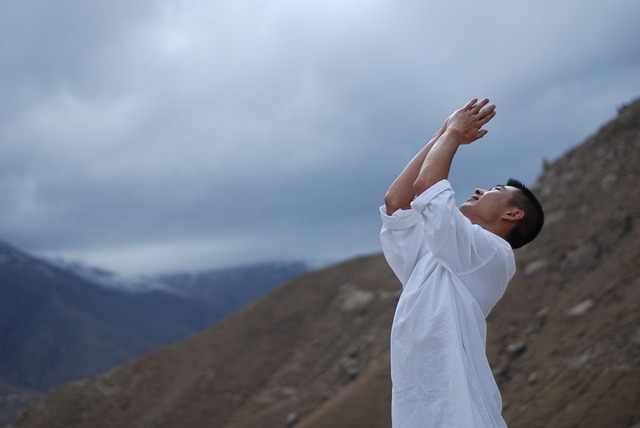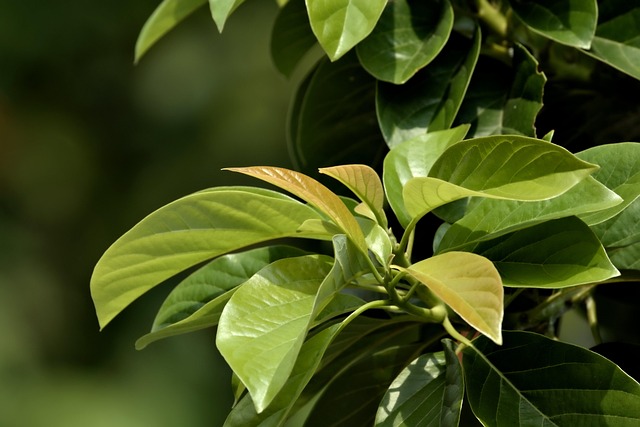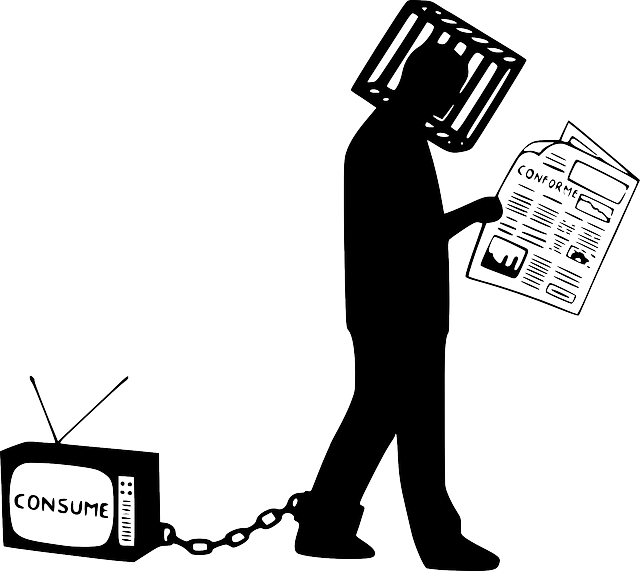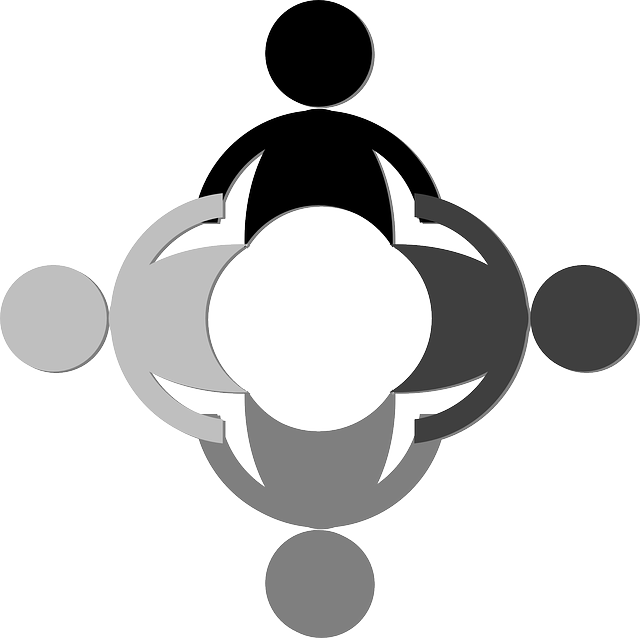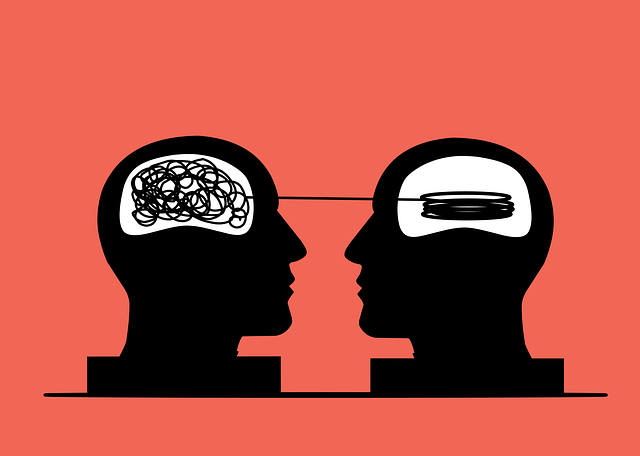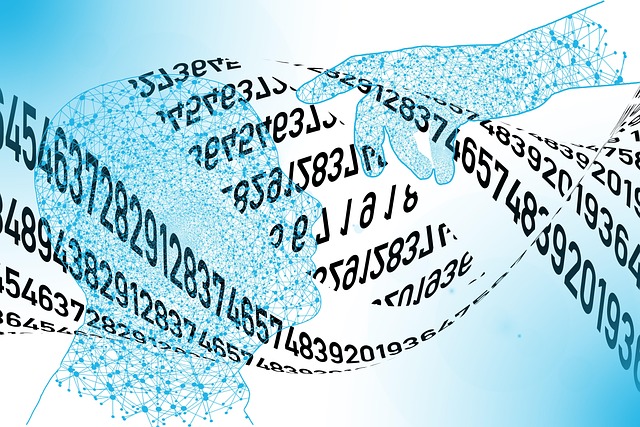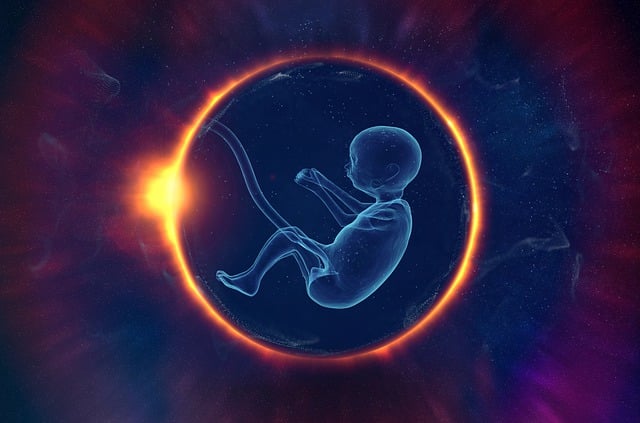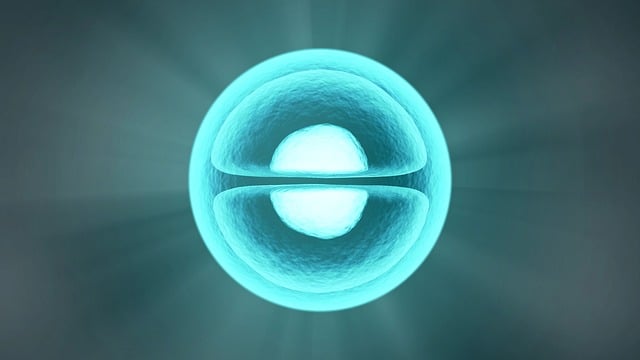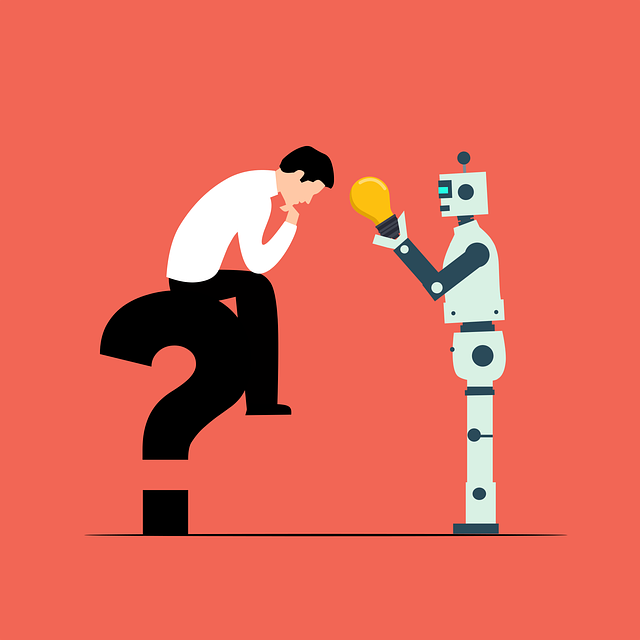Inner Conditioning and the “Our Father”
The Inner Conditioning Workshop (ICW), started within SEA, is slowly but surely spreading across the country. Stories about the transformative impact of ICW among participants at all levels of society have started to inspire tens of thousands who now regularly visit the SEA website. Here are a few examples of such stories: Kalma Self: From…
SOLID EVIDENCE CHRIST RESURRECTED – What this means for our life.
The Resurrection of Christ is of central importance to Christianity. Without the Resurrection, the death of Christ is totally without meaning. Even worse, the words of Christ are fake news, plain bragging, empty exclamations. This is why the debate around the reality of the Resurrection has been raging for centuries. The outcome of this debate…
Continue Reading SOLID EVIDENCE CHRIST RESURRECTED – What this means for our life.
THE KEY TO OVERCOMING TEMPTATION AND PAIN IN LIFE
The entire country is currently observing Holy Week. But do we know the connection between the Agony of Christ in the Garden of Gethsemane before His death on the cross and His temptation in the desert? When we understand this connection, we have a massive clue as to how to handle the most pressing and…
Continue Reading THE KEY TO OVERCOMING TEMPTATION AND PAIN IN LIFE
The Power of Progressive Change: Transforming Habits, Transforming Lives
The article challenges the common advice of replacing bad habits with new ones, advocating instead for a technique called “progressive extremism” to break unwanted behaviors. This method involves gradually eliminating specific, easily dispensable items or habits from one’s life, marking the change from a temporary “can’t” to a permanent “don’t,” and then patiently adding more…
Continue Reading The Power of Progressive Change: Transforming Habits, Transforming Lives
Beyond Rest: Embracing the Spiritual in Everyday Life
When preparing for a significant event, such as a competition or performance, it’s common to experience heightened mental alertness and physiological changes due to activating hormones, hence making it difficult to sleep. Acknowledging these responses as adaptive can help reduce stress. Practicing gratitude towards the body’s efforts can be beneficial. Techniques like intention setting, focusing…
Continue Reading Beyond Rest: Embracing the Spiritual in Everyday Life
Embracing Death as a New Beginning
The article explores how contemplating mortality, through practices like memento mori, can lead to a more meaningful and fulfilling life. It suggests exercises such as reflecting on one’s beliefs about death, exploring diverse cultural perspectives on mortality, writing one’s own obituary, cultivating gratitude, and considering how imminent death would alter one’s choices. By confronting the reality…
The Power of Meaning To Help Us Navigate Life’s Challenges with Clarity
This article explores how a sense of meaning in life can act as a buffer against anxiety, particularly in today’s world where traditional sources of meaning—like close relationships, community, work, and spiritual connections—are increasingly threatened. It draws from existential psychology to offer guidance on cultivating meaning, emphasizing the importance of deep connections to combat feelings…
Continue Reading The Power of Meaning To Help Us Navigate Life’s Challenges with Clarity
The Power Is Within Us: We Can Move Towards A Healing Society
The article delves into the concept of the human energy field, or aura, as an electromagnetic layer reflecting well-being and composed of seven layers connected to chakras, influencing health and relationships. It emphasizes practices like meditation and mindfulness to attune to our energy, identify imbalances, and enhance spiritual well-being. Negative emotions and unres olved traumas…
Continue Reading The Power Is Within Us: We Can Move Towards A Healing Society
Unleashing Human Potential: The Transformative Power of a Money-Free Future
The article explores the possibility of a money-free future based on a Resource-Based Economy, where all goods and services are available to everyone without the need for exchange. It highlights the vision of Jacque Fresco’s Venus Project, advocating for self-sustaining communities and shared access to Earth’s resources, and references Colin Turner’s Free World Charter, which…
Continue Reading Unleashing Human Potential: The Transformative Power of a Money-Free Future
Photosynthesis: When Nature Outsmarts Technology
Plants achieve near-perfect efficiency in photosynthesis by harnessing quantum mechanical effects for energy transfer. When light is absorbed by chlorophyll, the excitation energy is distributed over multiple states, creating a superposition that enables efficient, almost loss-free transport of solar energy within and between molecules. A recent study highlights the crucial role of quantum coupling in…
Continue Reading Photosynthesis: When Nature Outsmarts Technology
The Sacred Thread: Ritual, Connection, and the Future of Civilization
In an age of increasing isolation and reliance on technology, we seem to have lost the ability to grapple with life’s fundamental questions, clinging instead to inadequate formulas promising security and predictability. However, facing challenges like loss and trauma reveals the flaws in these formulas, necessitating a new initiation into a more mature understanding of…
Continue Reading The Sacred Thread: Ritual, Connection, and the Future of Civilization
Breaking the Cycle: Overcoming Multipolar Traps for Meaningful Systemic Change
The article “Multipolar Traps: Why Good Intentions Aren’t Enough for Systemic Change” explores the concept of multipolar traps, where individual actors, despite recognizing harmful outcomes, are compelled to engage in detrimental behaviors due to competitive pressures and systemic incentives. It argues that merely having good intentions is insufficient for enacting meaningful social change, as these…
Continue Reading Breaking the Cycle: Overcoming Multipolar Traps for Meaningful Systemic Change
Embracing Systems Thinking: A Holistic Approach to Life and Sustainability
The article “Why We Need to Embrace a Unifying Systems View of Life” argues for a holistic approach to understanding life, emphasizing the interconnectedness of all living systems. It critiques reductionist perspectives that isolate individual components, suggesting that such views fail to capture the complexity and dynamism of life. By adopting a systems thinking approach,…
Continue Reading Embracing Systems Thinking: A Holistic Approach to Life and Sustainability
Reimagining Reality: The Role of Consciousness in Understanding the Universe
The article “The Mental Universe,” published in Nature, discusses the philosophical implications of quantum mechanics on our understanding of reality, particularly emphasizing the role of consciousness in shaping our perception of the universe. Richard Conn Henry argues that the universe is fundamentally mental, suggesting that physical reality is influenced by human observation and cognition. He posits…
Continue Reading Reimagining Reality: The Role of Consciousness in Understanding the Universe
Why scientists still don’t understand quantum physics
Quantum mechanics, despite its success in explaining various phenomena, presents a fundamental challenge: its description of physical systems differs from what we observe. Unlike classical physics, quantum mechanics requires special processes to describe measurement, a concept physicists disagree on. This divergence stems from the fact that quantum mechanics suggests properties like position and momentum don’t…
Continue Reading Why scientists still don’t understand quantum physics
Power of Collective Meditation: A Pathway to Peace
The article discusses the potential of collective meditation, specifically Transcendental Meditation (TM), as a powerful tool for conflict resolution and societal improvement. Dr. Tony Nader outlines evidence from various studies showing that large groups practicing TM can significantly reduce violence and improve quality of life in their surroundings, citing successful experiments in Lebanon and Washington,…
Continue Reading Power of Collective Meditation: A Pathway to Peace
Beyond Genetics: The Legacy of Epigenetic Memories Across Generations
The article discusses groundbreaking research indicating that epigenetic memories can be inherited across 14 generations. This study highlights how environmental factors and experiences can alter gene expression, which may then be passed down to descendants, influencing their behaviors and responses to stress. The findings suggest a complex interplay between genetics and environment, challenging traditional views…
Continue Reading Beyond Genetics: The Legacy of Epigenetic Memories Across Generations
Scientists Rediscover Bioelectric Fields Already Discovered By Ancient Healing Traditions
Recent research led by Dr. Elias H. Barriga has shown that electric fields in our bodies play an important role in how embryos develop, particularly in guiding the movement of certain cells called neural crest cells. These cells are crucial for forming parts of the face, neck, and nervous system. The study, conducted in Portugal…
If Life Is Only Matter, What Directs Evolution?
Researchers from the Institute of Science and Technology Austria (ISTA) and other institutions have developed a mathematical model that predicts the optimal body plan for a fruit fly’s early embryo, suggesting that evolution may offer multiple optimal configurations rather than a single solution. This model highlights how biological systems, unlike physical ones, can achieve similar…
Continue Reading If Life Is Only Matter, What Directs Evolution?
Gregg Braden: Technology Inhibits Our Spiritual Power, But There Is A Way Out
In this discussion with Know Thyself host Andre Duqum, Gregg Braden emphasizes the rapid advancement of technology and its potential to outpace our moral and ethical understanding, particularly regarding human biology and artificial intelligence. He warns that while we have the unprecedented ability to alter our biology, this technological evolution could lead to a relinquishing…
Continue Reading Gregg Braden: Technology Inhibits Our Spiritual Power, But There Is A Way Out
